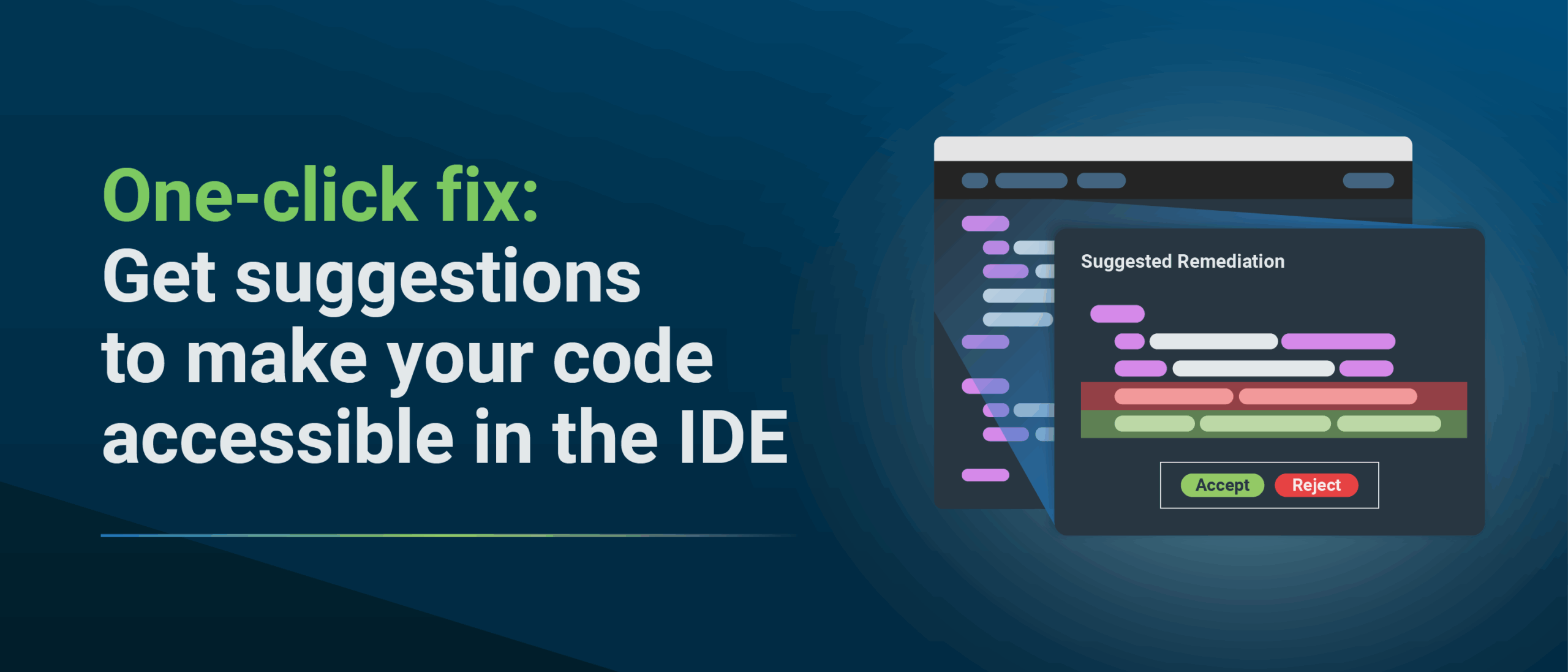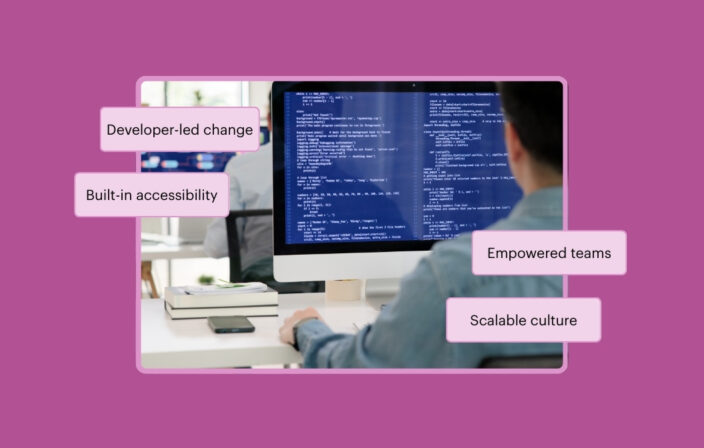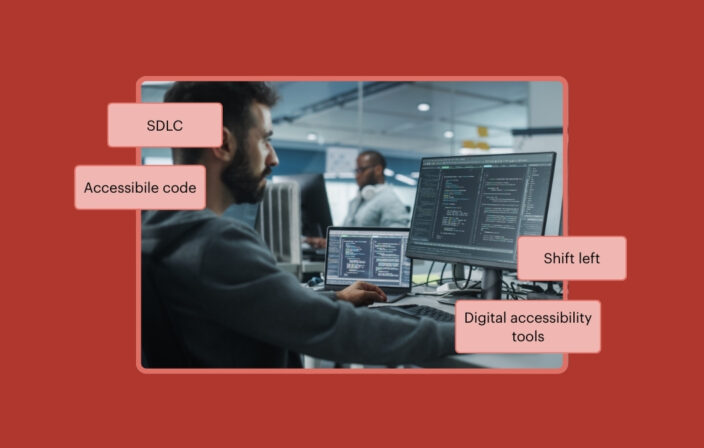Could a more accessible web finally be on the horizon?
As we mark the 14th anniversary of Global Accessibility Awareness Day (GAAD), the digital world still has a long way to go. Despite years of effort and growing awareness, an estimated 96% of the internet remains inaccessible. But with advancements in AI and a renewed focus on reducing barriers for developers and accessibility teams, real progress may finally be within reach.
“One of the biggest challenges slowing accessibility progress is the disconnect between teams and tools. Developers waste valuable time jumping between systems and digging through backlogs instead of building accessible solutions from the start. At the same time, accessibility leaders struggle with limited resources and lack the insights they need to guide their organizations effectively. Until we solve these challenges, true digital equality will remain out of reach.” — Jennison Asuncion, Co-Founder of Global Accessibility Awareness Day & the GAAD Foundation
That’s about to change. Today, we’re introducing a breakthrough that advances Deque’s mission of digital equality—bringing accessibility expertise directly into the tools content creators and developers use every day.
Introducing the axe MCP Server
It all starts with a new technology that’s surging in popularity—Model Context Protocol (MCP). Originally created by Anthropic, MCP is a universal protocol that connects systems and applications to AI agents. Analysts predict that by 2027, 65% of enterprise automation will run through MCP.
The axe MCP Server will connect all of the accessibility expertise of the axe Platform with AI agents across the software development lifecycle. Imagine asking your IDE to make your component accessible—and then reliable fixes automatically appear, ready to apply. That’s what the axe MCP Server makes possible.
The first integration brings our accessibility expertise into IDEs like GitHub Copilot in Visual Studio Code, Windsurf, and Cursor—enabling developers to pinpoint issues in the codebase, analyze code changes alongside accessibility results, apply suggested fixes directly in the IDE, and track trends across scans and reports.
This technology helps teams scale accessibility across the board by empowering developers to work more efficiently and effectively. With more accurate results and broader coverage, developers can identify root causes and apply suggested code changes directly within their IDE—fixing more issues, faster. The axe MCP Server reduces friction by eliminating the need to switch between tools, allowing developers to stay focused and in flow. By embedding testing and guidance directly into the development environment, it enables developers of all experience levels to build accessible code from the start.
Speed. Accuracy. Accessibility from the start. And this is just the beginning.
How it works
For a developer, the experience couldn’t be more straightforward: Analysis, identification, remediation. It’s all right within the IDE, with accessible code fixes that can be applied with a single click. But behind the scenes, a lot is happening to make this possible:
- Give your AI agent (e.g., Copilot or Cursor) a digital accessibility task (e.g., “Make this code accessible”).
- The axe MCP Server will call the axe Platform to analyze your application and code, understand the accessibility task, and create a prompt on how to best resolve any issues.
- The AI agent will use that information to suggest a code change in your IDE.
- You can then accept, reject, or change the suggestion with just one click.
Combined into a single experience, you get the speed and scale that only AI and automation can offer, with a human-centric approach that keeps devs directly in the loop. The result is fast, efficient, and accurate digital accessibility solutions, with clean, accessible code applied directly to the code base.
Next steps
“For years, we’ve talked about the promise of ‘shifting left’—finding and fixing accessibility issues earlier in the process. With technologies like this, that promise has the opportunity to become a full reality. That’s when real change happens.” — Jennison Asuncion, Co-Founder of Global Accessibility Awareness Day & the GAAD Foundation
To explore how you can use Deque’s suite of tools to shift testing earlier and empower teams of all sizes to seamlessly integrate accessibility into development workflows, request a demo today.




